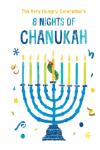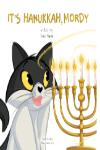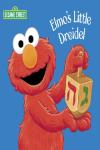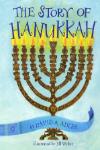The Lord God of Gods: Divinity and Deification in Early Judaism by Silviu Bunta

Buy this book at Amazon
The investigation of this book into early Jewish experiences of God begins with calls to discard any categorical and definitional approaches to the literature of early Judaism, and several enduring preconceptions about its mysticism and theology (particularly the relegation of its mysticism to particular texts and themes, and the molding of its theology in the image of medieval and post-medieval Jewish and Christian monotheisms). With this abandonment, the symbolic language of early Jewish texts gives sharper contours to a pre-formal theology, a theology in which God and divinity are more subjects of experience and recognition than of propositions. This clarity leads the investigation to the conclusion that early Judaism is thoroughly mystical and experiences a theology which is neither polytheistic, nor monotheistic, but deificational: there is only one divine selfhood, the divinity of “God,” but he shares his selfhood with “gods,” to varying degrees and always at his discretion. With some important differentiations which are also introduced here, this theology undergirds almost the entirety of early Judaism-the Bible, post-biblical texts, and even classical rabbinic literature. The greatest development over time is only that the boundaries between God and gods become at once clearer and less rigid.
Year first published: 2021

















